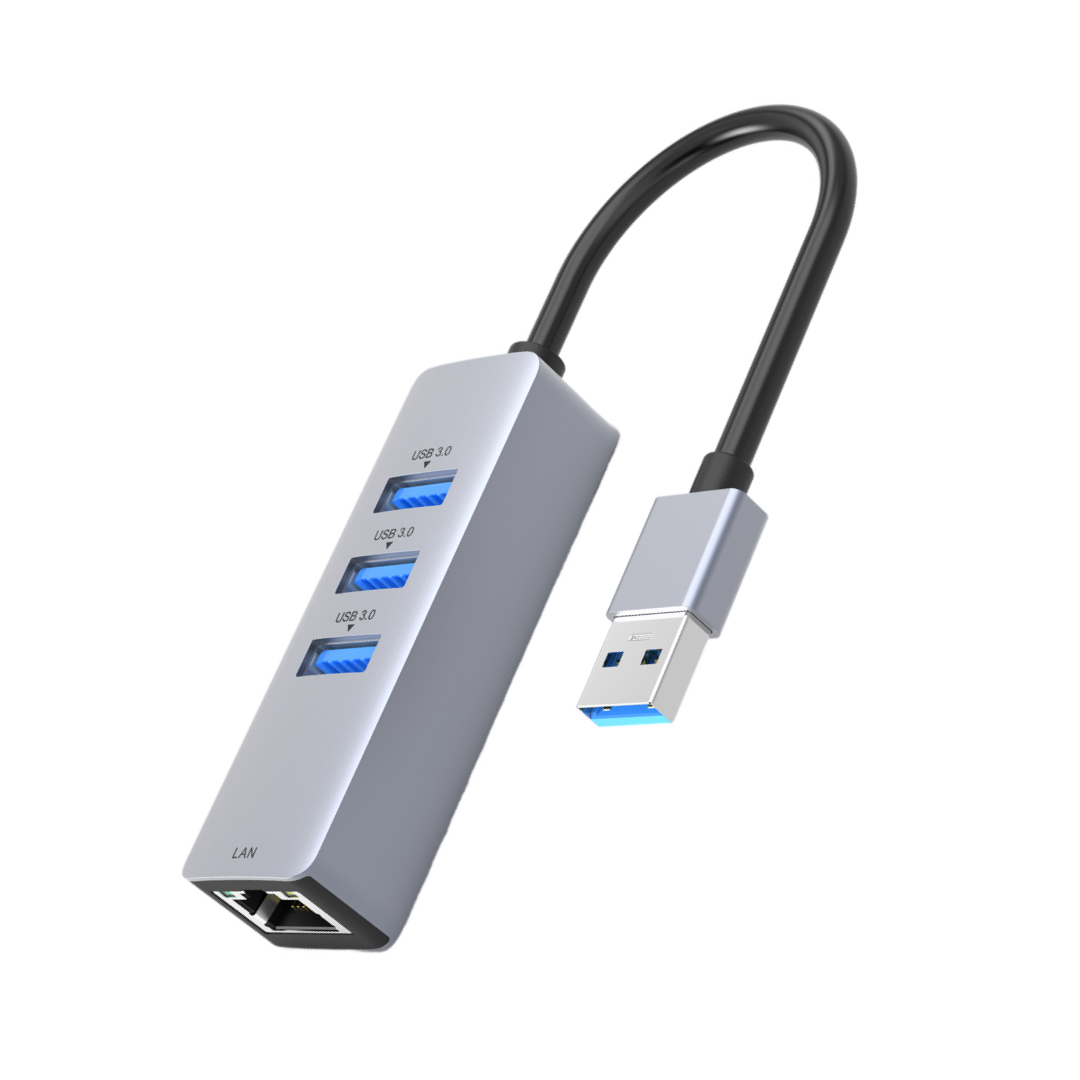Exploring the Compatibility of USB Hubs with Mac and PC

USB hubs are essential accessories that allow users to expand their device connectivity options. They provide additional USB ports for connecting multiple devices simultaneously, thus improving productivity. However, before purchasing a USB hub, it is important to understand its compatibility with different operating systems, such as Mac and PC. This article delves into the compatibility aspects of USB hubs and provides a comprehensive overview of their functionality.
1. Understanding the Basics of USB Hubs
A USB hub is a peripheral device that expands the number of available USB ports on a computer. It allows users to connect multiple USB devices, such as keyboards, mice, printers, and external storage devices, to a single USB port on their computer. USB hubs come in various sizes and configurations, ranging from compact travel hubs to larger, desktop-mounted hubs with numerous ports.
2. Compatibility with Mac Systems
In general, USB hubs are compatible with both Mac and PC systems. Mac computers, like PCs, support USB technology. This means that USB hubs can connect to Mac systems without any issues. Mac users can connect USB hubs directly to their devices or through USB-C adapters, depending on the available ports on their MacBooks or iMacs. Furthermore, most USB hubs are plug-and-play, requiring no additional drivers or software installations for Mac compatibility.
3. Compatibility with PC Systems
Similar to Mac systems, PC systems are compatible with USB hubs. Whether it is a Windows laptop or a desktop computer, PC users can connect USB hubs to expand their device connectivity options. USB hubs are designed to work seamlessly with Windows operating systems, making them a convenient accessory for PC users. Like on Mac, PC users can simply plug in the USB hub and start using it without any additional configurations.
4. Factors to Consider for Compatibility
While USB hubs are generally compatible with both Mac and PC systems, there are a few factors to consider for optimal compatibility. One important factor is the USB version supported by the hub and the computer. USB hubs come in various versions such as USB 2.0, USB 3.0, USB 3.1, and USB-C. It is important to ensure that the hub's USB version matches the available ports on the computer to achieve maximum compatibility and performance.
Another factor to consider is the power requirements of the connected devices. USB hubs may have limitations on the power they can supply to connected devices, especially for devices that require higher power, such as external hard drives. It is essential to select a USB hub that provides sufficient power output to ensure all connected devices function properly.
5. Conclusion
USB hubs are versatile and compatible accessories that can enhance the connectivity options of both Mac and PC systems. They allow users to connect multiple devices simultaneously, improving productivity and convenience. Whether you are a Mac user or a PC user, USB hubs offer a reliable solution for expanding your device connectivity. Consider the USB version compatibility and power requirements when choosing a USB hub to ensure optimal performance. With the right USB hub, you can effortlessly connect and use a multitude of devices with your Mac or PC system.



